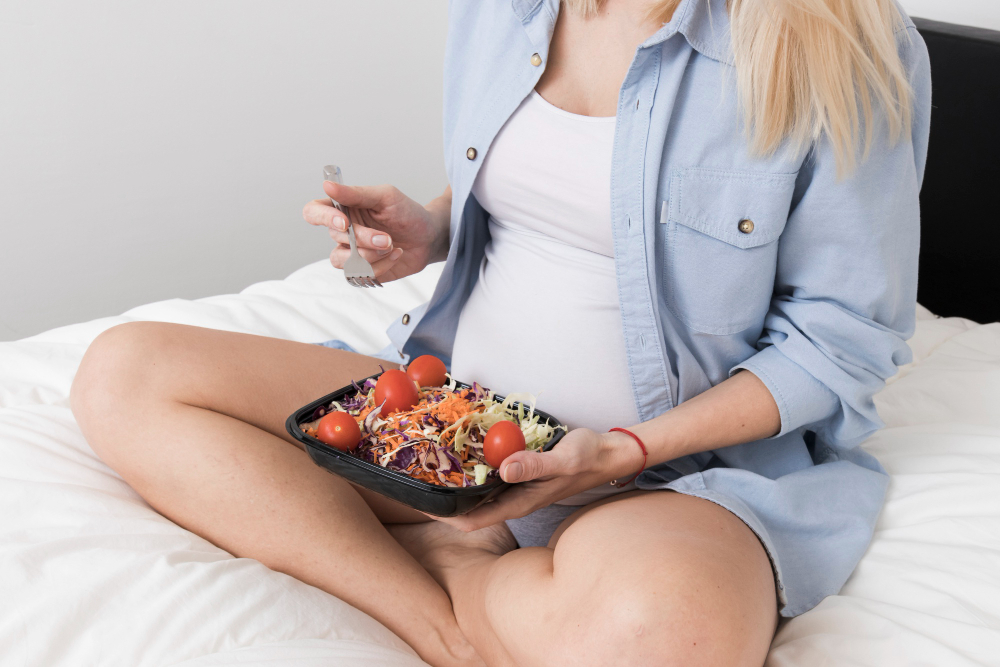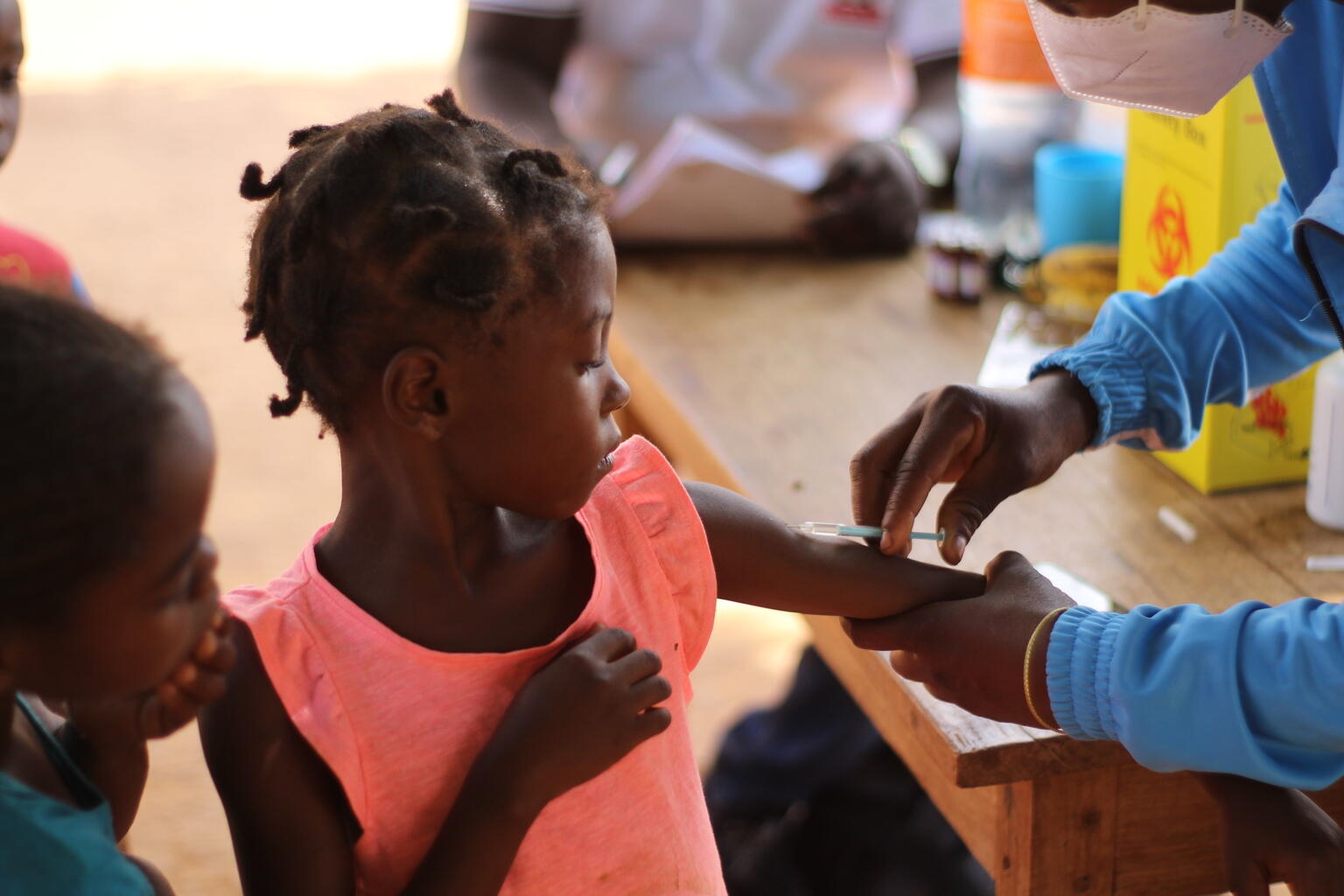Faecal screening test for colorectal cancer associated with lower risk of death
The use of faecal immunochemical testing (FIT) for colorectal cancer screening is associated with a 33% reduction in the risk of death from colorectal cancer, a study claims. The research, published in JAMA Network Open, analysed data from more than 10,000 people aged 52-85 in the US.









